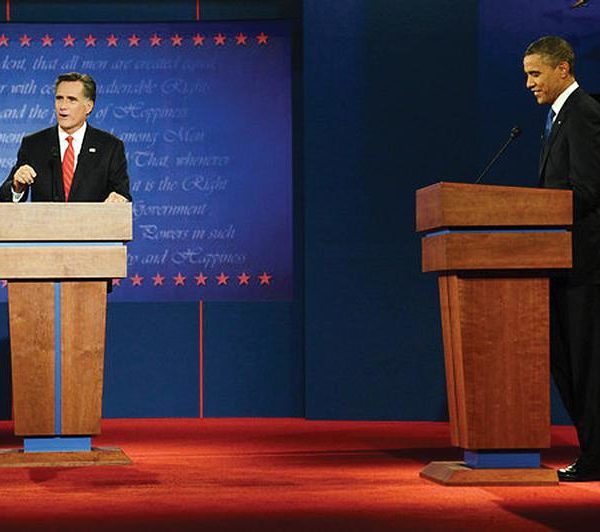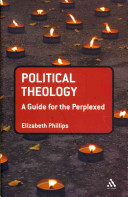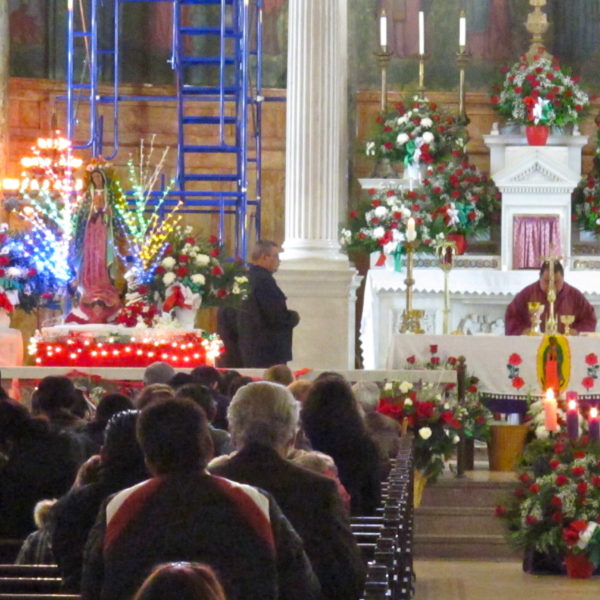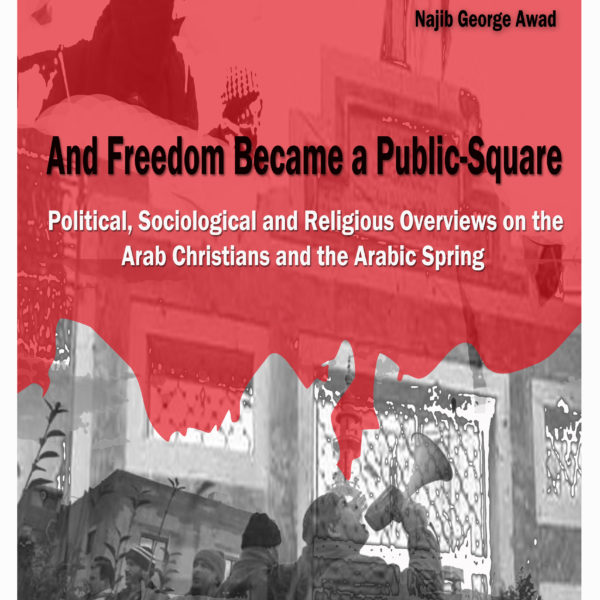
In the first presidential debate of 2012, Barack Obama and Mitt Romney tried to outdo one another in currying favor with the middle class. Yet Catholic social teaching proposes a preferential option for the poor. Catholics are called to promote the common good of all by putting the poor front and center.
When presented with the choice of curling up on the couch with my beloved and our two still-at-home kids to watch Robin Hood or going off alone to watch the presidential debate on-line, it was a no-brainer. Truth be told, I would have taken a far lesser offer. Maybe even a trip to the dentist….

Some challenges and opportunities are the same on either side of the pond for those of us teaching political theology. Those teaching in seminaries and other ‘confessional’ contexts will find the same resistance to ‘politicizing’ faith from conservative students and the same blasé assumptions from liberal students who obviously already have this all sorted because they are good liberals, both theologically and politically (more on these challenges in Part 3, next month). Those teaching in liberal arts universities will share similar struggles with how (or if) the discipline can be normative or formative in these contexts. And we will all share the wonderful opportunities involved in drawing students beyond their inherited binary views of the theological and the political. In other ways, the challenges and opportunities differ considerably on either side of the pond….

The number of people in the U.S. living below the poverty line in 2011 was 46.2 million, the highest in the more than 50 years that records have been kept.[i] (1961 is a few years before Lyndon Johnson’s “War on Poverty,” and about seven years before the Southern Christian Leadership Conference organized the “Poor People’s Campaign” that would take Martin Luther King, Jr. to Memphis.) Why then is so little attention being paid to poverty and poverty-related issues in the current presidential campaign?…

This teaching marks a turn to family ethics. The Pharisaic question about divorce again serves as a foundation upon which Jesus makes a larger teaching that transcends the context of their specific query to make a larger points. In this case, Jesus outlines an expansive family ethic rooted in an understanding that, with the family at the center of social life, intrafamilial ethics have vast political consequences. In discussing both marriage and children, Jesus imagines models of the family that are radically expansive relative to his context…

The original unifying function of liturgy becomes lost if we begin to dehistoricize liturgy by shopping among the traditions. Like consumerist postmodern culture, the Emergent Church shops among traditions for forms of spirituality that are useful and pleasurable and incorporates them into general western, melange of religious items….
